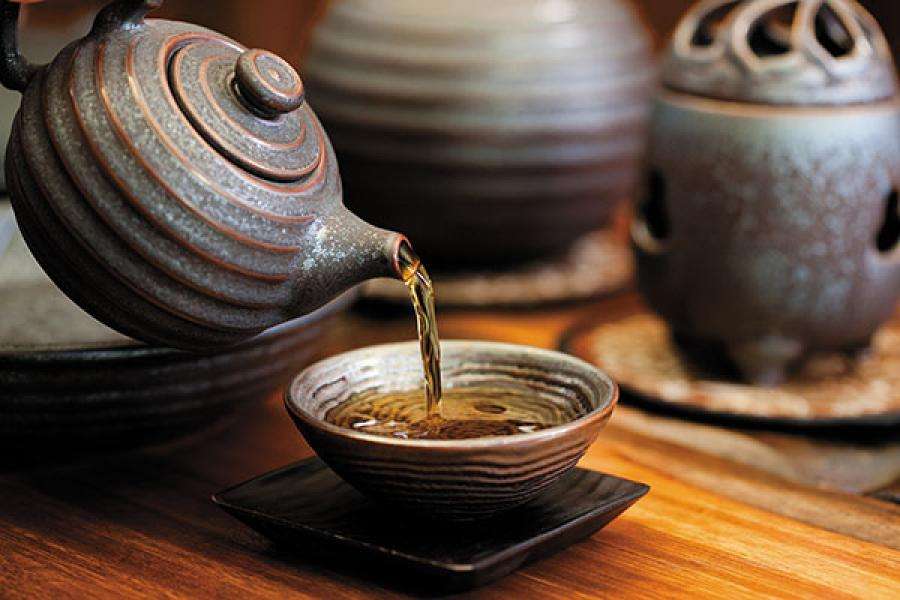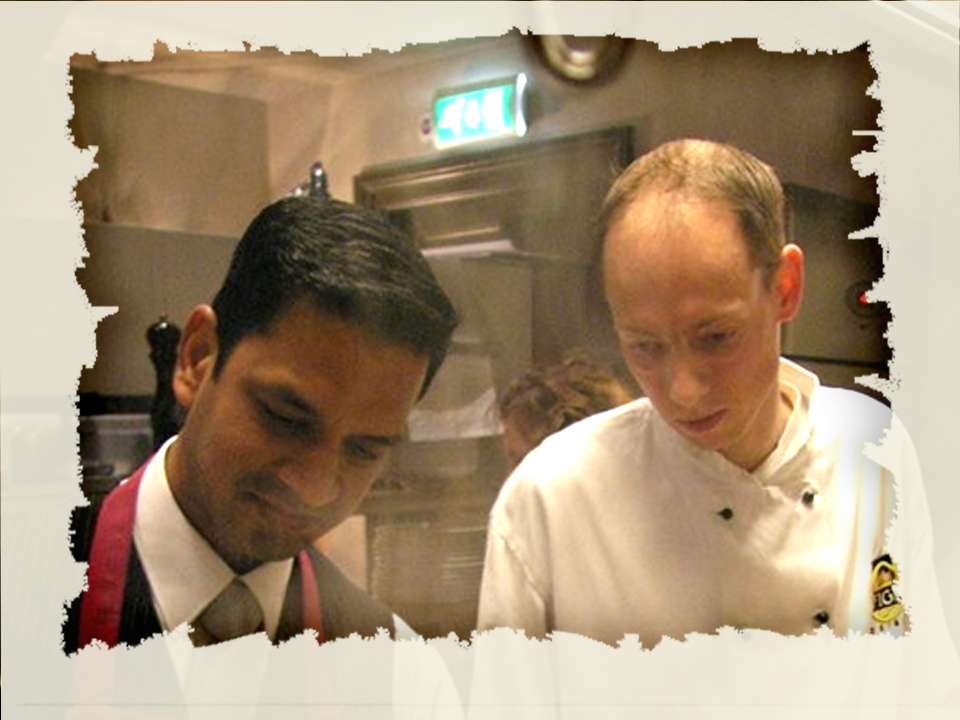In China, tea is not merely a beverage but a cornerstone of cultural identity, embodying tradition, respect, and harmony. Central to this cultural tapestry are the intricate etiquettes that govern tea drinking—a practice refined over centuries. Whether in formal ceremonies or casual gatherings, observing these etiquettes is not just a sign of politeness but a gesture of reverence for the rich history and values that tea represents. Let’s delve into the essential tea etiquettes that guide the art of tea drinking in China.
Significance of Tea in Chinese Culture
Tea holds a special place in Chinese culture, symbolizing hospitality, respect, and tranquillity. With a history spanning thousands of years, tea has been integral to social interactions, philosophical discussions, and spiritual practices. From the serene tea gardens of Hangzhou to the bustling teahouses of Chengdu, tea permeates every aspect of Chinese life, serving as a bridge between past and present, tradition and modernity.
Gestures of respect and sincerity accompany the act of offering and receiving tea. Always use both hands when offering a cup of tea, especially when serving guests or elders. This shows both respect and sincerity. Similarly, accepting tea with both hands is considered polite and shows appreciation for the gesture.
Thanking for Tea via Finger Tapping or Finger Kowtow
In Chinese tea culture, expressing gratitude is often done without words. A common way to thank someone for serving tea is by Finger Kowtow i.e. tapping the table next to your cup with two fingers. This silent gesture, rooted in imperial legend, is widely practised as a humble yet sincere thank you to the host.
This custom is said to have originated in the Qing dynasty when the Qianlong Emperor travelled in disguise throughout the empire and his accompanying servants were instructed not to reveal their master’s identity. One day in a restaurant in southern China, the emperor poured tea for a servant. To that servant, it was a huge honor to have the emperor pour him a cup of tea. Out of habit, he wanted to kneel and bow to express his thanks to the emperor, however, he could not do this since that would reveal the emperor’s identity. Instead, he tapped the table with bent fingers to represent kneeling to the Emperor and to express his gratitude and respect. In formal tea ceremonies nodding the head or saying “thank you” is more appropriate.
Observe and Appreciate
Appreciating the colour, aroma, and quality of the tea is an integral part of the tea-drinking experience in China. It’s polite to comment positively on the tea being served, acknowledging the effort put into its selection and preparation. This not only shows appreciation for the tea but also fosters a deeper connection with the host.
Refilling Water and Passing the Teapot
Ensuring that the teapot is never left empty is a mark of politeness in Chinese tea etiquette. Offering to refill it with hot water when it’s low shows attentiveness and consideration. When passing the teapot, make sure the spout is not pointing at anyone, as it’s considered rude.
Handling Your Cup
The proper way to hold a teacup in Chinese tea culture is with your fingers on the side and your thumb on the bottom, never covering the top of the cup. This allows the aroma of the tea to reach you and shows respect for the tea and its preparation.
Small Portions
Pouring small amounts of tea into cups encourages communal interaction and ensures that the tea remains hot and fresh. It also allows for multiple servings, prolonging the enjoyment of the tea-drinking experience.
Observance of Order
In group settings, it’s important to observe the order in which tea is served and follow the host’s lead. There is often a specific sequence intended to honor the guests and create a harmonious atmosphere.
Invitation to Tea
Inviting someone for tea is more than just a social gesture—it’s a symbol of friendship and respect in Chinese culture. Accepting such an invitation acknowledges the relationship and fosters deeper connections.
Few Don'ts in Chinese Tea Etiquette
Do not slurp the tea
Unlike some cultures where slurping is a sign of enjoyment, in a formal Chinese Tea ceremony, it’s more appropriate to sip tea quietly, savouring the taste and aroma. This demonstrates respect for the tea and the environment in which it’s being enjoyed.
Do not spit the tea out of your mouth
It is considered that the biggest impoliteness of the guest is to spit the tea out of mouth, especially, in front of the tea server.
Conclusion






